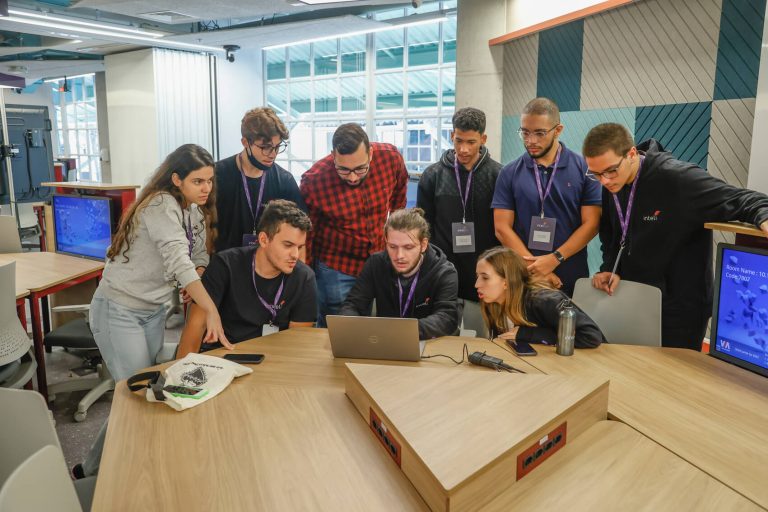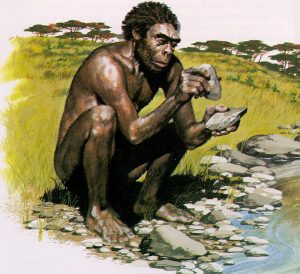 It all started about two million years ago, when an early hominid used a wooden stick to break a coconut. Then he learned that chipping a stone could produce sharp edges. Then it went on and on. Then came the mastery of fire, huts and the bow and arrow. Over time, this "thing" came to be called "technology" and since then it has been the driving force behind innovation and society's great transformations.
It all started about two million years ago, when an early hominid used a wooden stick to break a coconut. Then he learned that chipping a stone could produce sharp edges. Then it went on and on. Then came the mastery of fire, huts and the bow and arrow. Over time, this "thing" came to be called "technology" and since then it has been the driving force behind innovation and society's great transformations.
In the beginning, the technology that mattered most was that of agriculture. It was necessary to know the seasons, the climate, soil fertility, seeds and irrigation. Agriculture led nomadic tribes to become sedentary groups and these groups grew. Construction technology then became important: houses, temples and walls had to be built. War technology also became important, as it was necessary to protect themselves from attacks by other groups. All this happened around 20,000 years ago.
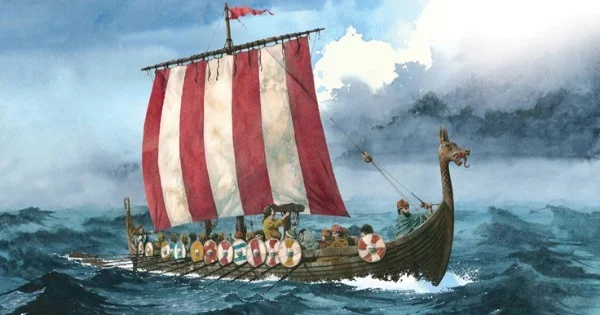 At a certain point, people's needs could no longer be met by what was inside the walls and cities began to expand into other regions. Among other things, naval technology became important. Starting with the Viking Age, in the 10th century, and ending in the 15th century, with the era of the great navigations.
At a certain point, people's needs could no longer be met by what was inside the walls and cities began to expand into other regions. Among other things, naval technology became important. Starting with the Viking Age, in the 10th century, and ending in the 15th century, with the era of the great navigations.
Then the steam engine was invented at the end of the 18th century. People's lives became inhabited by a series of gears, belts, shafts, boilers and pistons. Mechanical technology became the great protagonist of this era, there was everything to be built, even the first cars and airplanes.
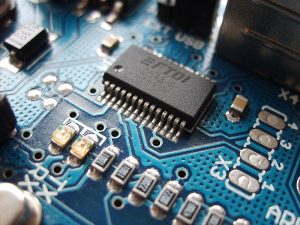
Some time later, all this machinery was illuminated by electric lamps and people began to communicate by telegraph. This was the age of electrical technology, but it wasn't long before this electricity flooded a variety of machines, such as radios and TVs. From electricity, we moved into the age of electronics.
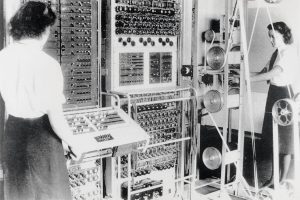 From that point, we took a big leap forward at the time of the Second World War, when these machines began to think and the first computers appeared. The world would never be the same again. The transformations that have taken place in the last 50 years because of computing have been far greater than all the transformations induced by previous technologies.
From that point, we took a big leap forward at the time of the Second World War, when these machines began to think and the first computers appeared. The world would never be the same again. The transformations that have taken place in the last 50 years because of computing have been far greater than all the transformations induced by previous technologies.
Everyone now needs computers. From large corporations to manage their complex processes, to small entrepreneurs looking to promote their businesses on websites and social networks. From this need came a problem: who is going to develop all this? And to solve this problem came the "IT Department".
In the beginning, all you had to do was ask the "IT boys" and it would be ready. Over time, however, the "IT boys" couldn't cope with the demand, which was only growing, and the requests began to pile up in a queue. This queue was given the name "backlog". And the backlog continues to grow. Everyone now deals with this problem on a daily basis and needs strategies to prioritize the backlog. It has become a debt that never seems to be repaid. The sum of all the organizations' backlogs gives the so-called "worldwide backlog". It's a cyclopean list of infinite demands. With every new technology that emerges - and they do every day - more items are added to the backlog. People's appetite for new functionalities, new features and new versions is insatiable.
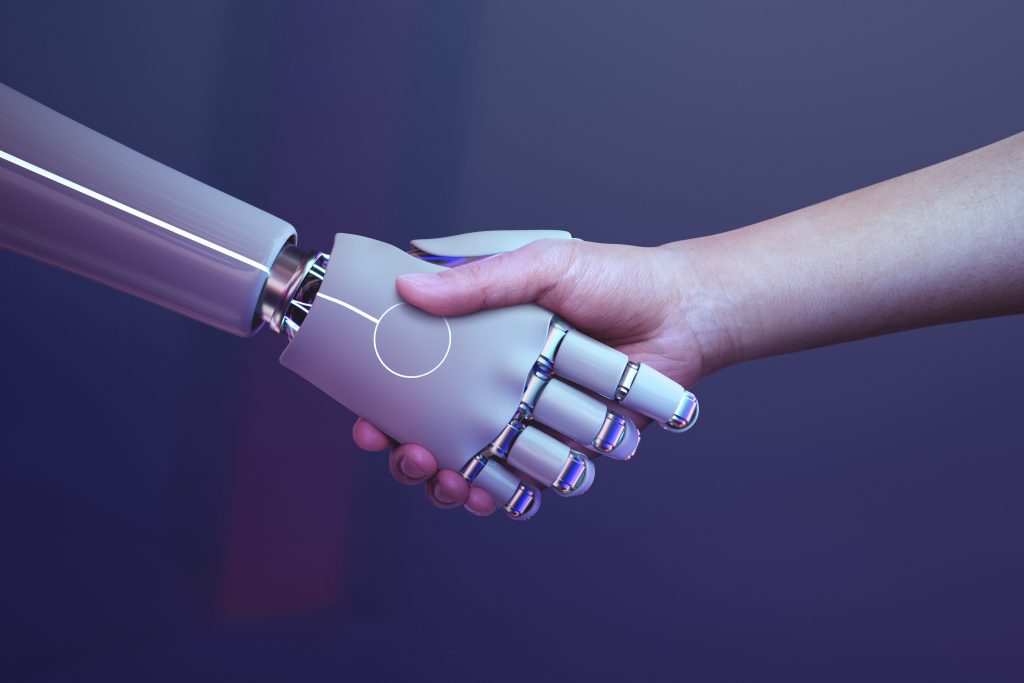 And they still say that jobs will disappear in the future because of artificial intelligence. They say that bots will take the place of humans. But who will build the bots? Who will train the bots? Who will maintain the bots? Who will create the new features in the bots? It won't be the "IT boys", they won't be able to cope. And not just because of the volume of demand, but mainly because of the specificities of each niche.
And they still say that jobs will disappear in the future because of artificial intelligence. They say that bots will take the place of humans. But who will build the bots? Who will train the bots? Who will maintain the bots? Who will create the new features in the bots? It won't be the "IT boys", they won't be able to cope. And not just because of the volume of demand, but mainly because of the specificities of each niche.
Only professionals in the field know the ins and outs of their niche and they will be the ones to meet much of this demand, because they will be learning computing. Schools will include computing as a cross-curricular subject from nursery school onwards. A new category of professionals will be born who will know both the skills of their field and the skills of computing. They will be the so-called "hybrid professionals".
Only those companies that turn their IT into a transversal resource, permeating all their divisions, will survive. The CTOs of the future will deal with issues such as governance, architecture, security, large contracts, support and training. But developments will take place in all areas, by all types of professionals. A whole new generation of advertisers, doctors, lawyers, veterinarians, administrators, engineers, dentists, psychologists, journalists and architects, among others, will emerge, who in addition to knowing their fields, will know how to write programs, organize databases and develop bots in their respective areas. Only this type of professional will be able to fill the infinite niches that exist in all segments through computer solutions.




